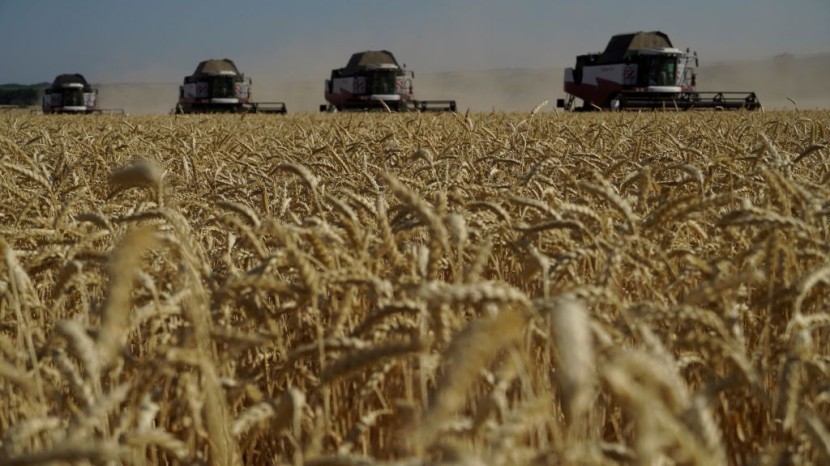
Moscow made it a priority to agree with Ukraine to prevent food insecurity in Asia and Africa, but western commitment seems to be dragging.
West's Promise to Countries Threatened by Hunger
The Russian Foreign Ministry is beginning to see how much the West is willing to cope with global food security; this has been flipped upside down by the Russian sanctions.
It was distressing to see grain-load ships departing Black Sea ports and sailing to Western countries instead of Africa or Asia, reported RT.
During a media briefing last Thursday, Ivan Nechaev, deputy head of the ministry's communication and press department, stated that not a single merchant vessel with grain had reached the borders of starving African or South Asian countries.
He noted that the ships primarily travel to Western ports, and the bulk of the exported items are corn grain and sunflower oil, raising doubts about the authenticity of those in the West that claim that world food stability is reliant on the "grain deal," noted the Good Word News.
Nechaev stated referring to the recent deal between Russia and Kyiv, which allowed the resumption of grain exports from Ukrainian ports, going mainly to Western ports, casts doubt on the sincerity of the West that world food security depends on the 'grain deal.'
Before the agreement, Ukraine and its Western backers accused Moscow of purposely impeding food shipments, thereby endangering world food security.
Moscow frequently refuted the assertions, claiming that Ukraine obstructed the shipments by planting naval mines in the ports' waterways, citing Olxpraca.
Grain Deliveries from Ukraine
The foreign ministry official also addressed the issue with the Sierra Leone-flagged freighter Razoni, which departed Odessa on August 1 with 26,000 metric tons of chicken feed bound for Lebanon.
After the Lebanese customer refused to accept the package because it was many months late, the ship was turned around from Beirut on Monday.
The deputy head remarked that there was no wheat on the freighter, which the Lebanese buyer needed; instead, there was corn and fodder, which was distressing to Russia. Where the ships went and their cargo of Ukrainian grain was a subject of a New York Times article.
The publication stated on Tuesday that none of the ten ships that departed Ukrainian ports since the Istanbul agreement went into force on August 1 were headed for Yemen, Somalia, or any other nation experiencing "disastrous levels of starvation."
Last Monday, Botswana's Mokgweetsi Masisi received a message from Ukrainian President Zelensky declaring that Ukraine was committed to continuing to be a reliable food supplier.
Nechaev continued by saying that Russia would uphold its commitments and was eager to carry out the terms of the Istanbul agreement. He said that the agreement covers restoring Russian food exports to the international market and shipping grain from Ukrainian ports.
The first portion of the agreement has been in effect for the past week and a half, while the second portion is still unfulfilled. Conveys hope that the West will respect its pledge to allow access to the international markets for Russian food and fertilizers.
According to the Russian Foreign Ministry, Moscow sees the West's commitment to combating food shortages in Africa and Asia as ambiguous because the ships are headed west rather than east.








